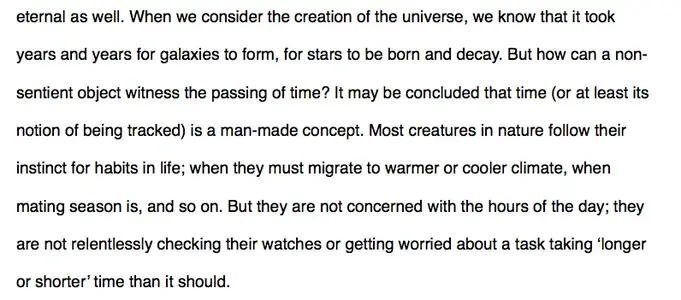Regards big bang stuff, I think the issue with trying to go that extra step back to just before it happened, is that, as with a black holes event horizon, a barrier beyond which we can only conjecture, but never have the confidence that the large collection of current evolved knowledge gives us with our own universe. It would seem only reasonable to assume that our known rules of physics could very well be emergent property of only our universe, and have little or no relation to what ever it came from (if it's even relevant to say it did "come from" something (in any way we could understand or intuit)).
But, that said, to avoid thinking about it because of this would be not only a real shame (and frankly, boring), but also to admit defeat when we know nothing of whether we will ever find out, plus, human brains (actually many types of brains) are evolved for curiosity, because they are simulation/prediction engines that work better the more relevant data they have to work on (think AI learning systems?), and hence the one's that have worked best (in survival terms) are those that have had the strongest impetus to collect data to make knowledge and extend the quality of pattern matching. Until the data has been assimilated to some degree, it's worth can't always be ascertained, so a brain that's driven to search out as much as it can find is likely to have some advantages over others.
And as for "very interested but largely clueless amateur", being a "very interested and partially clueless amateur" myself, I think it's a fine interest to have (for me it started at around 4 y.o. as trying to learn what this world around me was about, since people weren't any help, and I discovered my first "junior minor" science book), but I also think, that the very specialised scientists who work in these fields, have had to acquire a great deal of prior accumulated knowledge, and maybe at least for some, this can sometimes have a blinkering effect, too much wood to see the tree's? And sometimes it's a wild thought, not based on math and science, but some spark inside that comes from a unique mind with special abilities, but often not the traditional one's the typical world knows and values. Think about Albert for example, and his thought experiment on seeing the window cleaner, and imagining him falling from high up the building, and considering his frame of reference in a way no-one else had up to then (that we (or I) know of). From that (ok, I'm fantasizing a bit here, but ...) he managed to put these thoughts into an ordered idea and was able to put the maths together to start to change it from a thought experiment to a (mathematical) proof. At least that's how I envisioned it happened, but right or wrong, it must have been along those lines. So why should your ideas not also have the potential to be right, just because you may not be able to, for example, run the math required to prove it?
Of course, it's the testability that is the making of a theory, I imagine, but that's got to come from somewhere. Why should your acorns not have at least some small chance to be oak tree's? And in the end, science has always progressed the most by disproving old incorrect ideas, allowing new ones to appear that tend to be closer and closer to what seems to be the reality of our universe. So this must mean lots of very clever very respected scientists and engineers et al have made huge mistakes (from our hindsight), yet these have lead to some fundamental steps forward, with the proof of the pudding being what we've been able to do with science (for better and worse).


